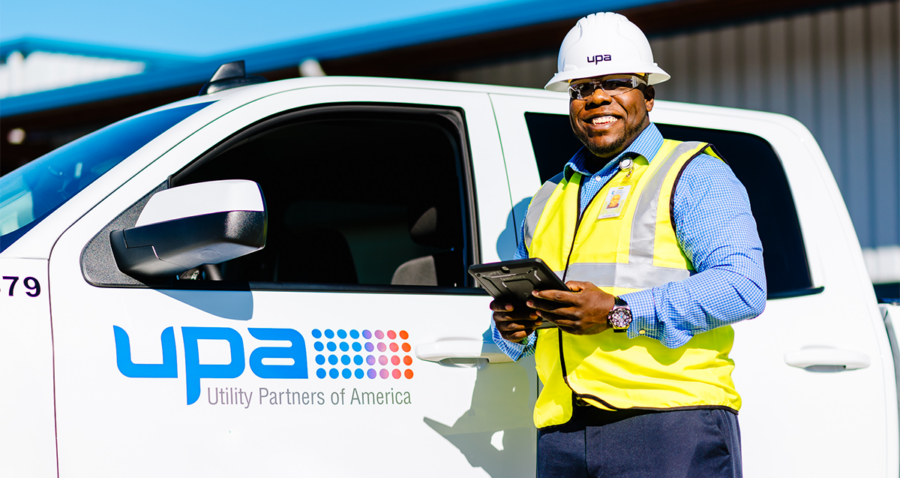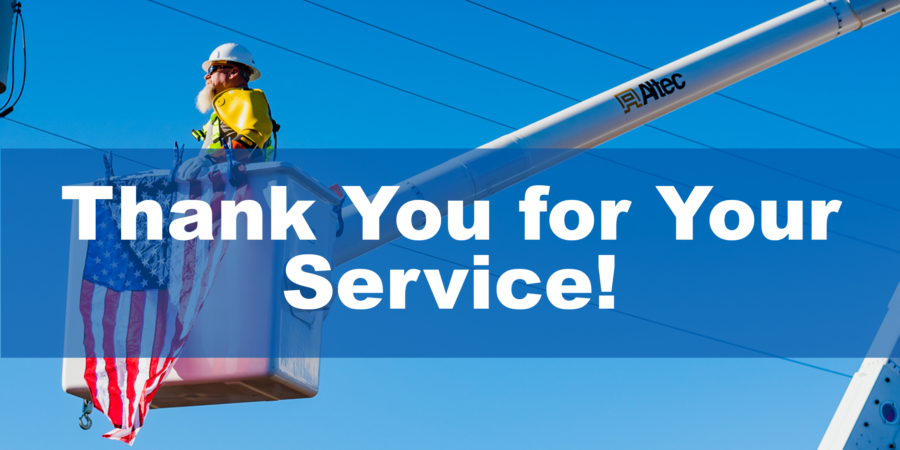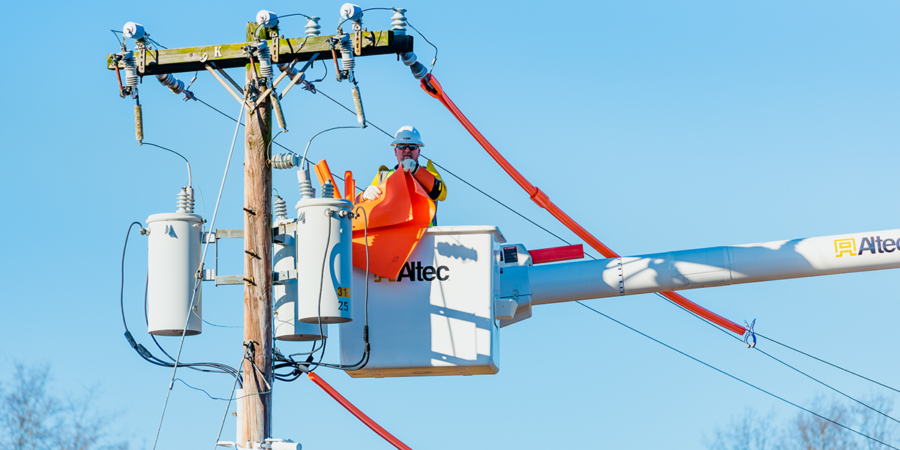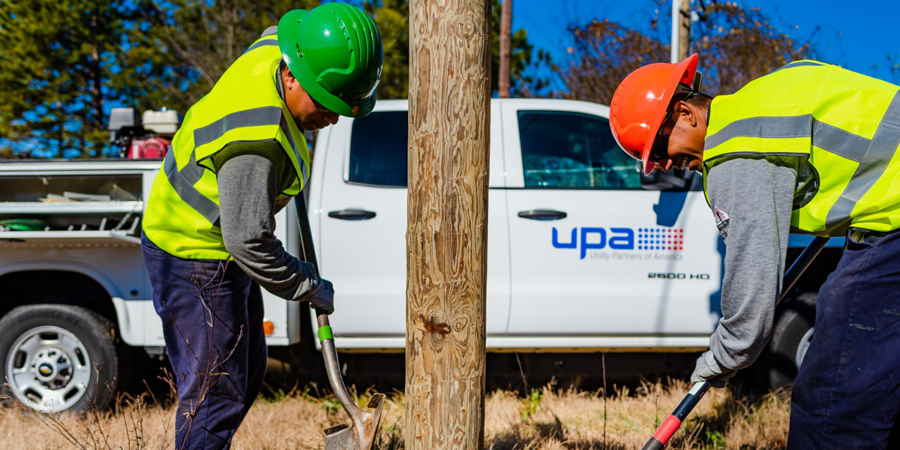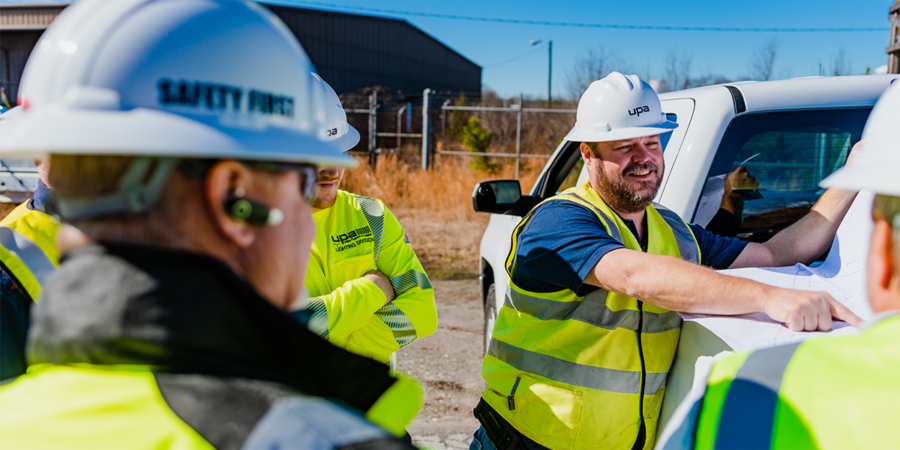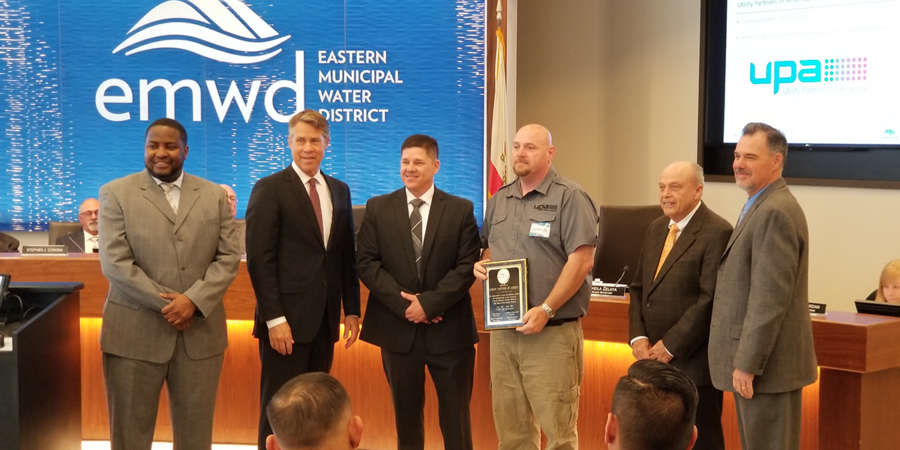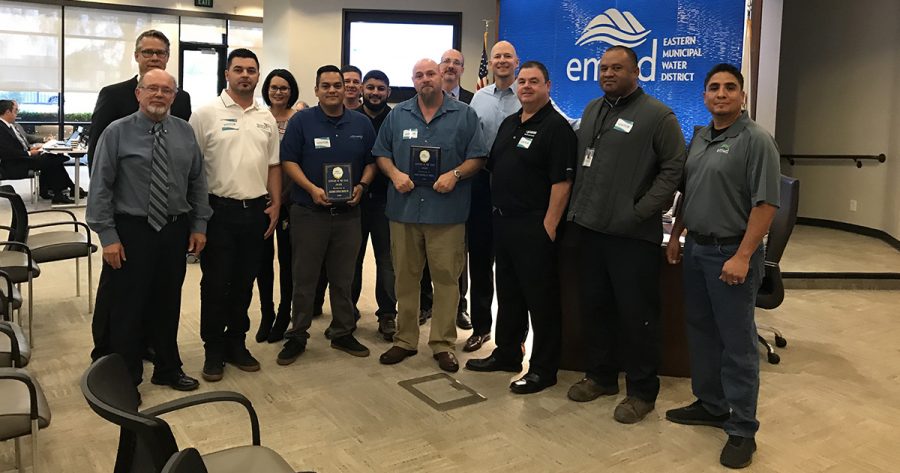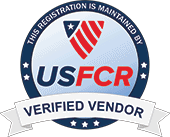Ask people to describe utility workers, and they’ll likely say things like “essential” and “hard-working.” But, what about a word like hygienic? Digitally hygienic, in particular. As the industry continues shifting analog operations into digital formats, employees at all levels of a utility company should be aware of basic digital hygiene practices. This way, the utility as a whole has a better chance of protecting sensitive internal and customer data.
Digital hygiene is a phrase used to describe practices and habits. These habits keep one’s information or data safe and secure. It can be the difference between keeping confidential data secure and allowing a breach. To help utilities who may need guidance in this area, we’ve put together a few basic tips. You can use them to deploy part of a digital hygiene training program for utility employees. (more…)

